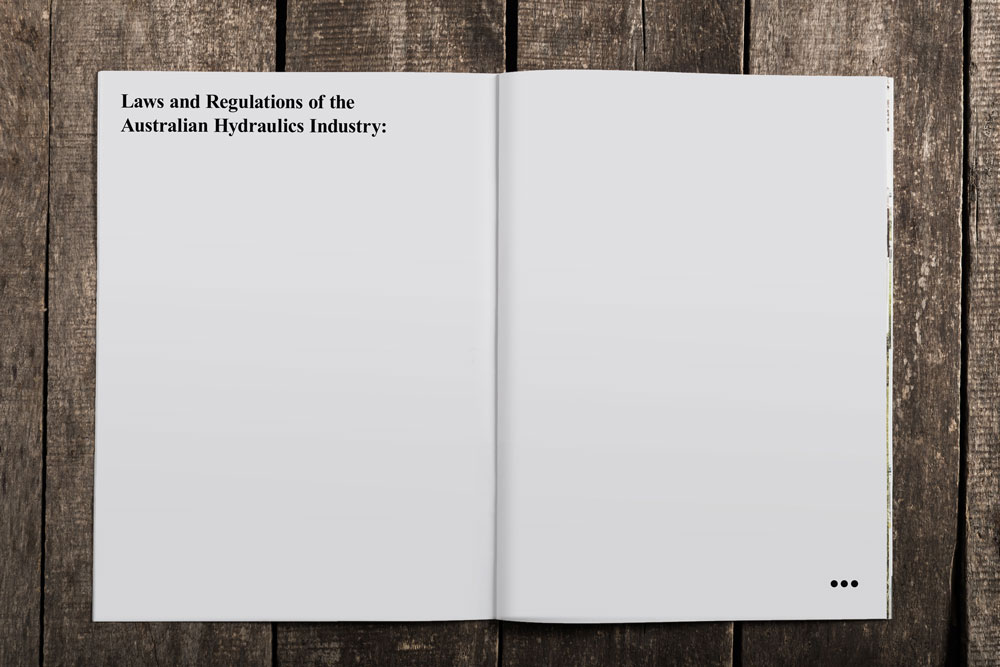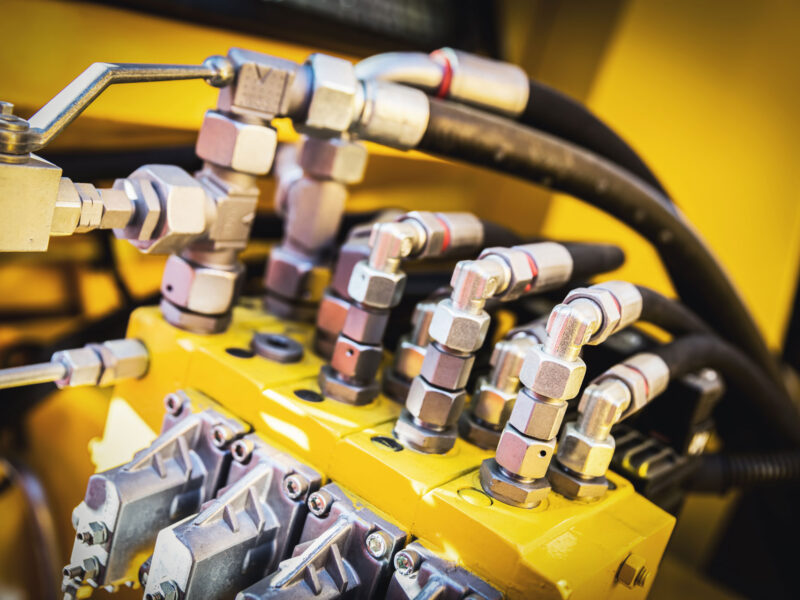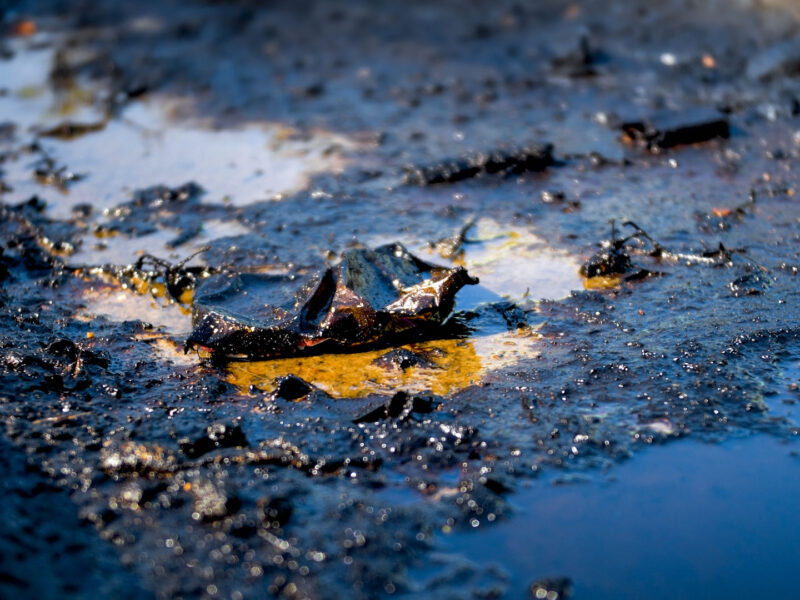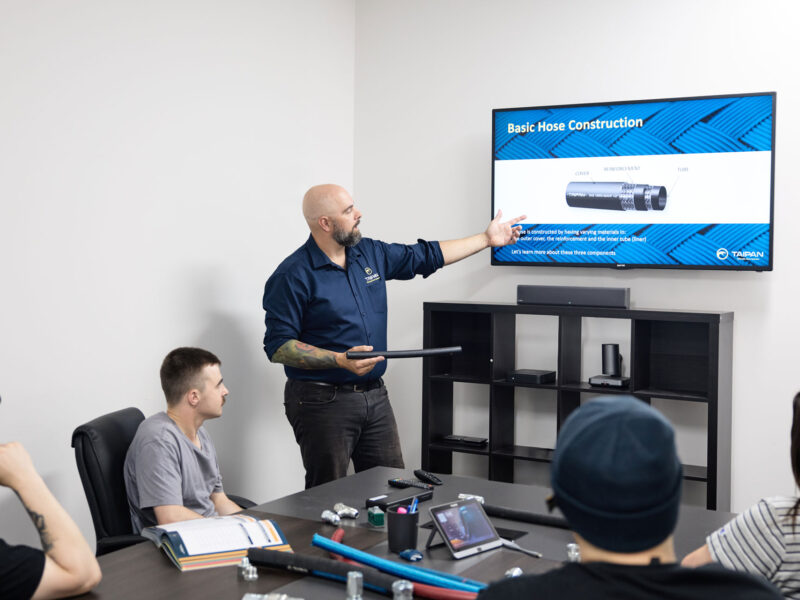Why the Industry Needs a Rulebook
The Australian hydraulics industry is the backbone of mining, construction, agriculture, and manufacturing, quite literally keeping the wheels turning. Yet, despite its importance, it operates in a lawless frontier of voluntary guidelines, inconsistent training, and a surprising lack of official oversight. Some businesses take safety seriously, while others might take their chances. And with no sheriff in town to enforce the rules, the results can be… messy.
What Are the Rules?
Plumbers and electricians have strict national regulations, but hydraulics? Not so much. Sure, there are “guidelines,” but these are about as legally binding as a pirate’s code, more like helpful suggestions than actual rules. This leads to a Wild West scenario where some companies follow best practices, and others might take a “she’ll be right” approach, patching things up with tape and crossed fingers.
Training? What Training?
Plumbers need licenses. Electricians need licenses. But hydraulic technicians? Nope. Many learn on the job, picking up skills from whoever happens to be standing nearby. While some become highly skilled experts, others end up with just enough knowledge to be dangerous. Without a standardised training or certification process, businesses hiring a technician are basically playing a game of roulette: will they get a seasoned pro, or someone who only figured out what a pressure valve does yesterday?
A Slippery Environmental Problem
Hydraulic systems don’t just pose a potential safety risk, they could be an environmental nightmare if not handled properly. Hydraulic fluid leaks could seep into soil and water, causing long-term ecological damage.
Time for a Hydraulics Overhaul
The industry needs an upgrade, and fast. National safety standards, mandatory technician licensing, and structured training programs would help transform hydraulics from the Wild West into a well-regulated, professional sector. While waiting for the Government to step in might feel like watching paint dry, businesses don’t have to sit on their hands. Forward-thinking companies that invest in training and best practices now will be miles ahead when regulations inevitably arrive.
The current system simply isn’t sustainable. As technology advances and safety expectations rise, the days of “good enough” will soon be over. The question isn’t if regulations will come, but when, and businesses that refuse to adapt might find themselves stuck in the past. It’s time to clean up the industry, set some real rules, and leave the cowboy days behind.
So, what’s Taipan doing about it? Well, we can’t change the world overnight, but we are taking action. We’re on the journey to becoming a Registered Training Organisation (RTO), with the goal of delivering a nationally certified qualification in fabricating and installing fluid power hose assemblies. And we’re not just offering it to the big players, this is for everyone in the industry who might not have access to formal training.
If that sparks something in you, register your interest by emailing Neil at neil@taipan.com.au.
What are your thoughts on the future of the hydraulics industry? Have we hit the nail on the head, or have we overlooked some key information? Let us know your opinion by clicking the button below.



